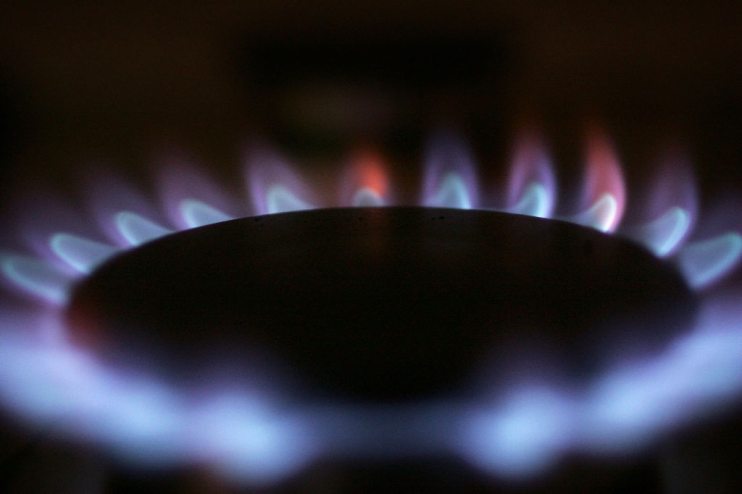Millions of Brits to be plunged into ‘fuel stress’ as experts downgrade UK economic forecasts

Millions of Brits are set to be plunged into fuel stress when the energy watchdog hoists the cap on bills, reveals a new study published today.
The number of households languishing in fuel stress will treble overnight to 6.3m when the new energy price cap takes effect on April 1, research carried out by the economic think tank the Resolution Foundation (the Foundation) has found.
Soaring energy prices are feeding into a wider cost of living crisis that has been engineered in conjunction with inflation taking off, looming tax hikes and interest rates rising.
Economists expect a sharp pull back in spending driven by consumers’ budgets being stretched, weighing on growth for the year ahead.
Analysts at Deutsche Bank said: “Household spending will slow thanks to more taxes, higher inflation and higher interest rates.”
Deutsche Bank have downgraded their growth forecasts for the UK economy this year, pencilling in a 3.5 per cent rise in real GDP in 2022.
Households are said to be suffering from “fuel stress” if they spend at least 10 per cent of their budget on energy bills.
The current proportion of English households suffering from fuel stress is nine per cent. However, that level will scale to 27 per cent as a result of Ofgem hoisting the price cap more than 50 per cent to around £2,000 a year, the Foundation estimates.
The damning figures illustrate the scale of damage the cost of living crisis will inflict on Brits’ living standards.
The Foundation warned the unprecedented rise in household energy bills as a result of an energy crunch in Europe will mean fuel poverty spreads from the lowest income households to middle income families.
Pensioners and Brits living in council houses are most likely to be suffering from fuel poverty, the Foundation found.
Jonny Marshall, senior economist at the Foundation, said: “Rising gas prices are causing energy bills to soar, and will see the number of families suffering from ‘fuel stress’ to treble to more than six million households this summer.”
The findings reinforce separate research revealing Brits are struggling to set aside savings as rapid inflation stretches their real incomes.
Some 66 per cent of households are finding it tough to save as a result of the cost of living, research by Accenture and YouGov found.
“Regardless of their savings habits, the cost-of-living crisis will make it harder for people of all ages to save money, with young people feeling the impact most acutely,” Laura O’Sullivan, banking strategy and consulting lead at Accenture, said.